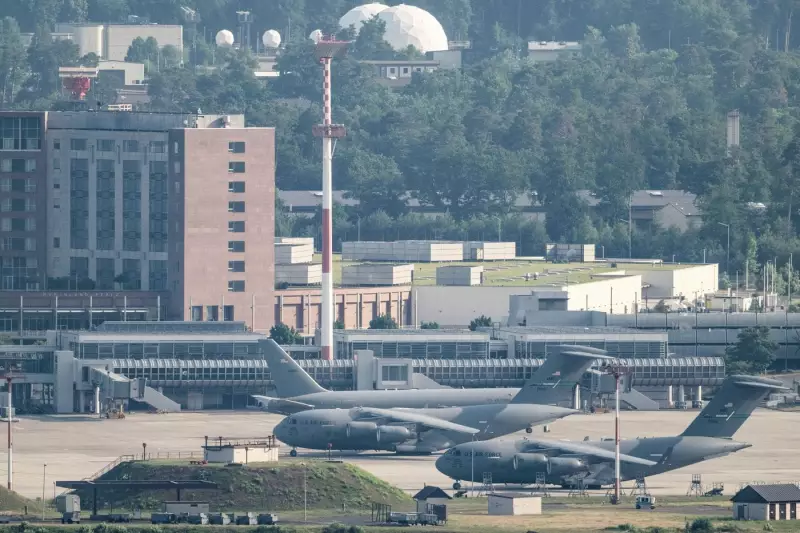
The ongoing United States government shutdown has triggered significant financial consequences for American workers stationed at overseas military installations, with several bases now unable to process payroll for their employees.
Immediate Impacts on Overseas Operations
Multiple U.S. military bases across Europe and other international locations have suspended regular wage payments to civilian workers and contractors as the political stalemate in Washington continues. The payment stoppage affects hundreds of employees who support critical base operations, from maintenance crews to administrative staff.
The situation has created immediate financial stress for American citizens working abroad, many of whom rely on their military base employment for housing, local expenses, and family support. Unlike active-duty military personnel who continue to receive pay during government shutdowns, civilian employees face immediate payment interruptions.
Ramstein Air Base Among Affected Installations
Ramstein Air Base in Germany, a crucial hub for U.S. military operations in Europe, has confirmed the payment suspension affecting its civilian workforce. Photographs from June 2025 show United States Air Force transport aircraft stationed at the Ramstein facility, highlighting the base's strategic importance to American military presence abroad.
The timing of the shutdown compounds existing challenges for overseas bases, which already operate with complex logistical and financial arrangements across international borders. Base commanders are now tasked with maintaining essential services while navigating the payment restrictions imposed by the budget crisis in Washington.
Broader Implications for International Relations
The payment suspension at overseas installations raises concerns about the United States' reliability as an employer and international partner. Local economies surrounding American bases may experience ripple effects as civilian workers reduce spending in German communities and other host nations.
Military families stationed abroad face particular hardship, as many rely on dual incomes with one spouse typically working in a civilian capacity on base. The sudden loss of this income creates not only financial strain but also operational challenges for military readiness and morale.
The situation underscores how domestic political disputes in Washington can directly impact American interests and relationships abroad, with civilian workers becoming unintended casualties of the budgetary impasse.





